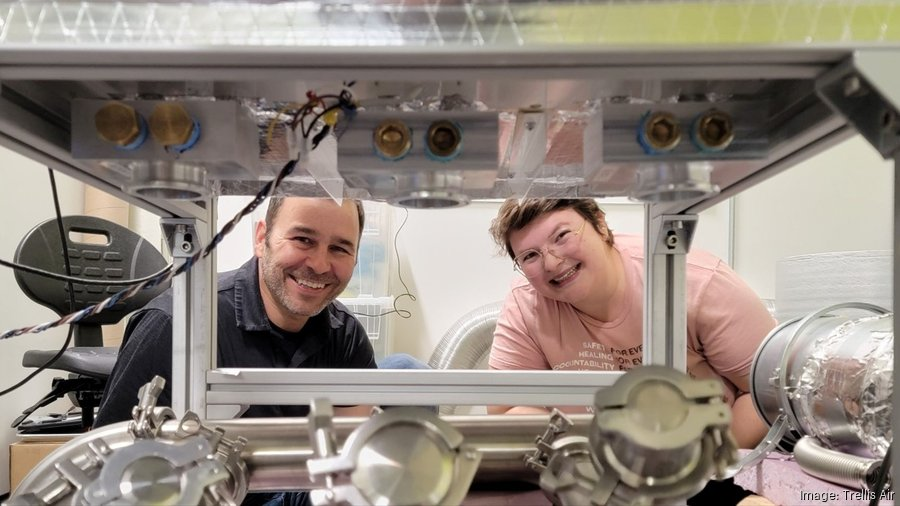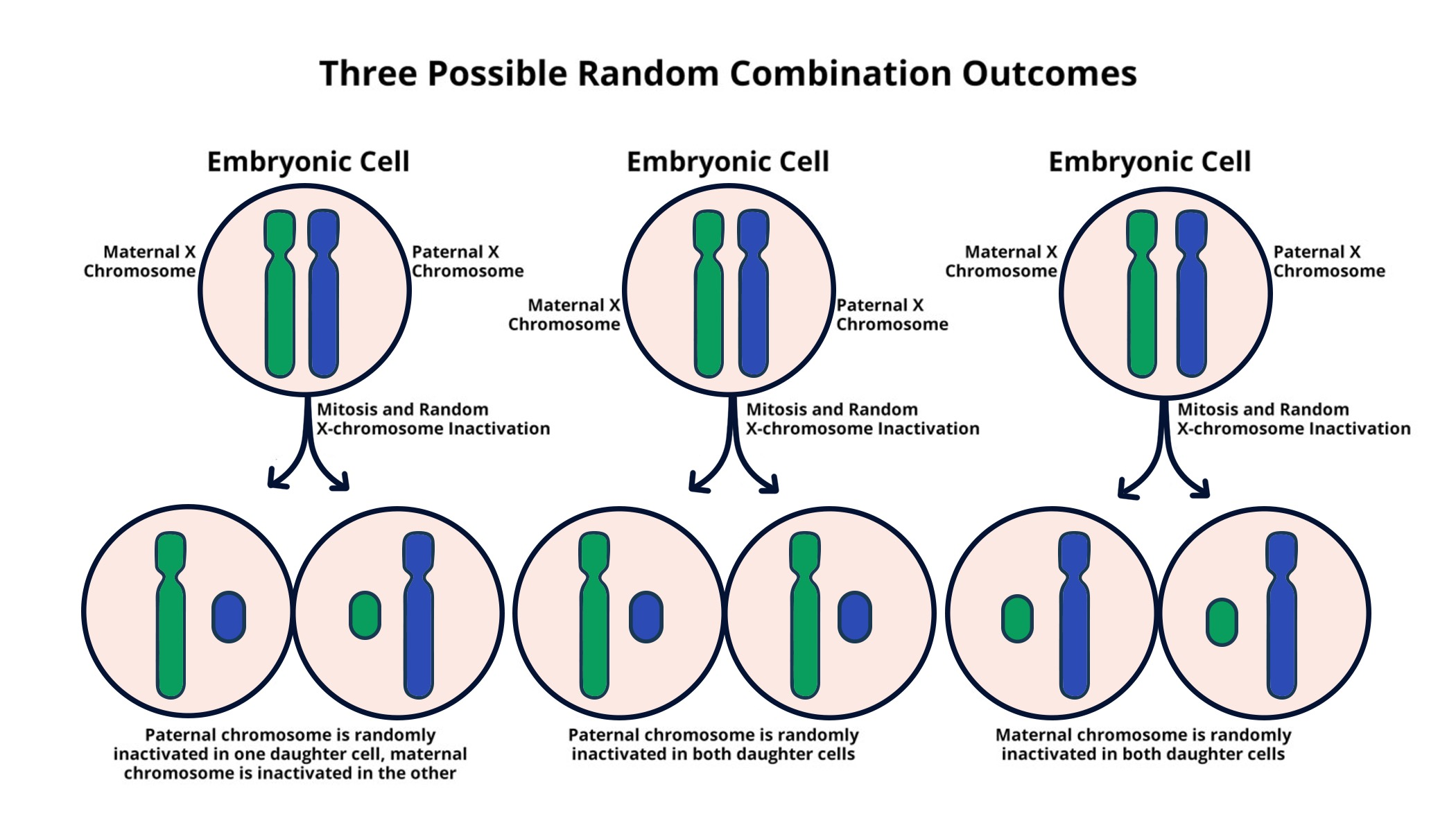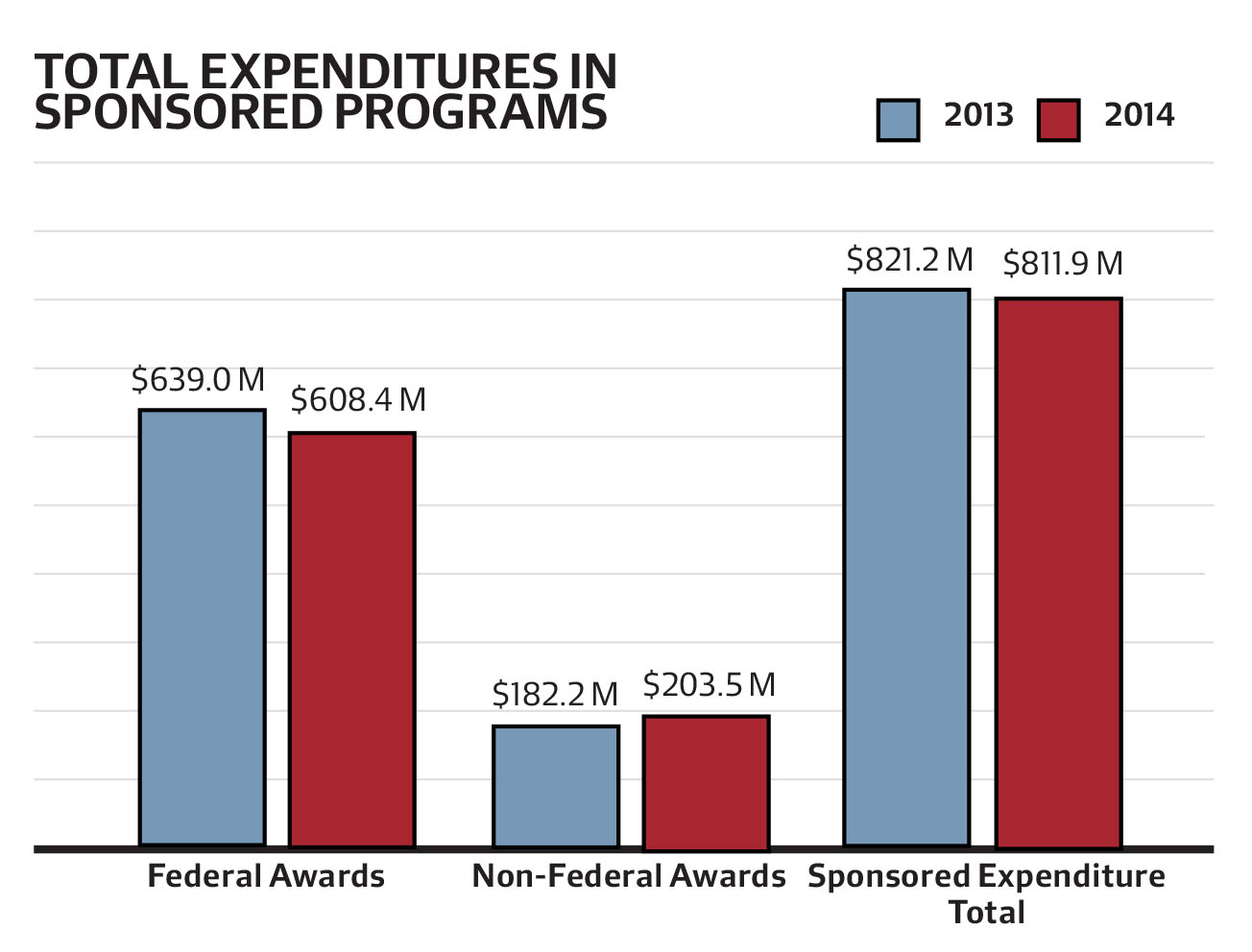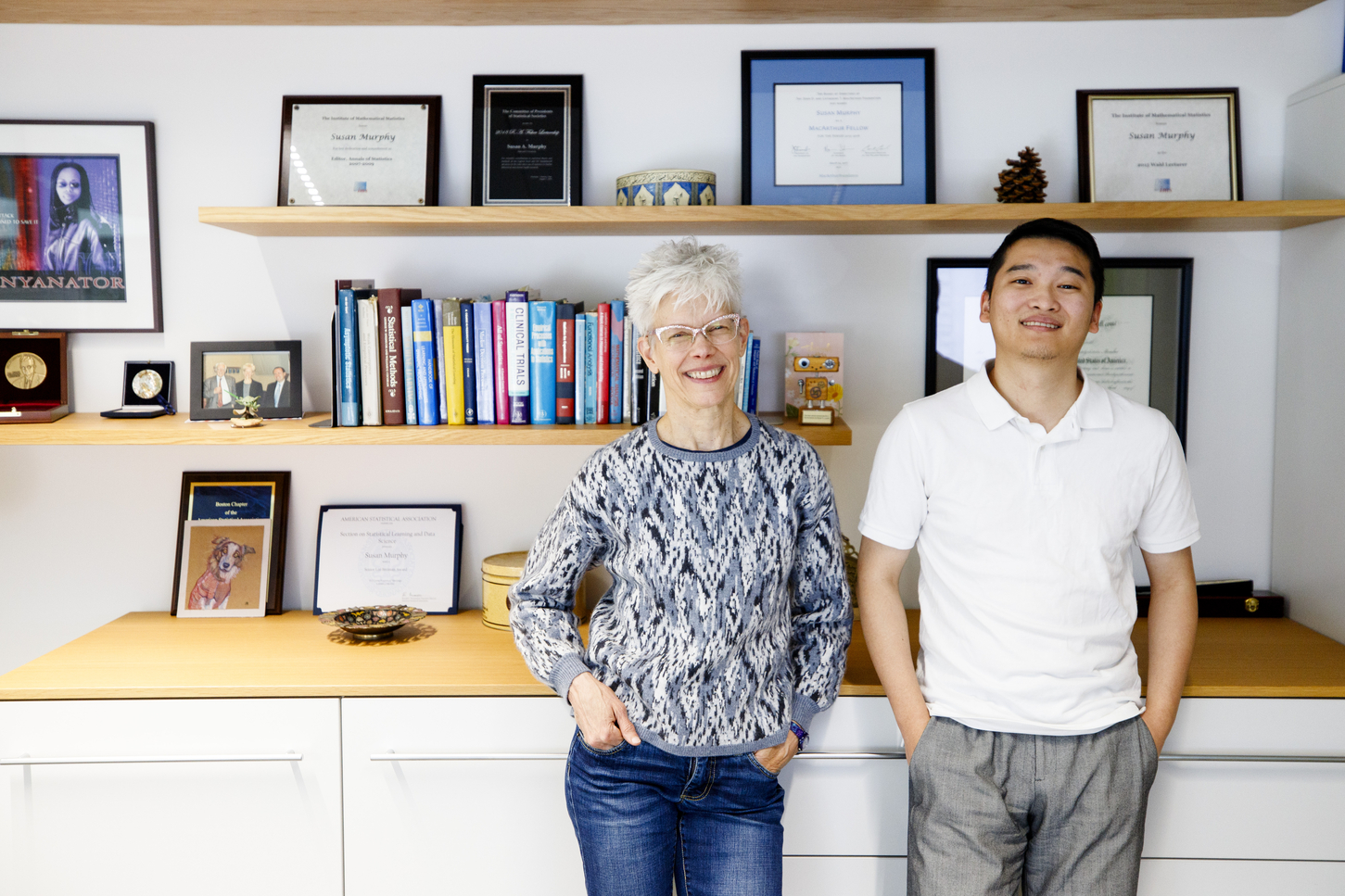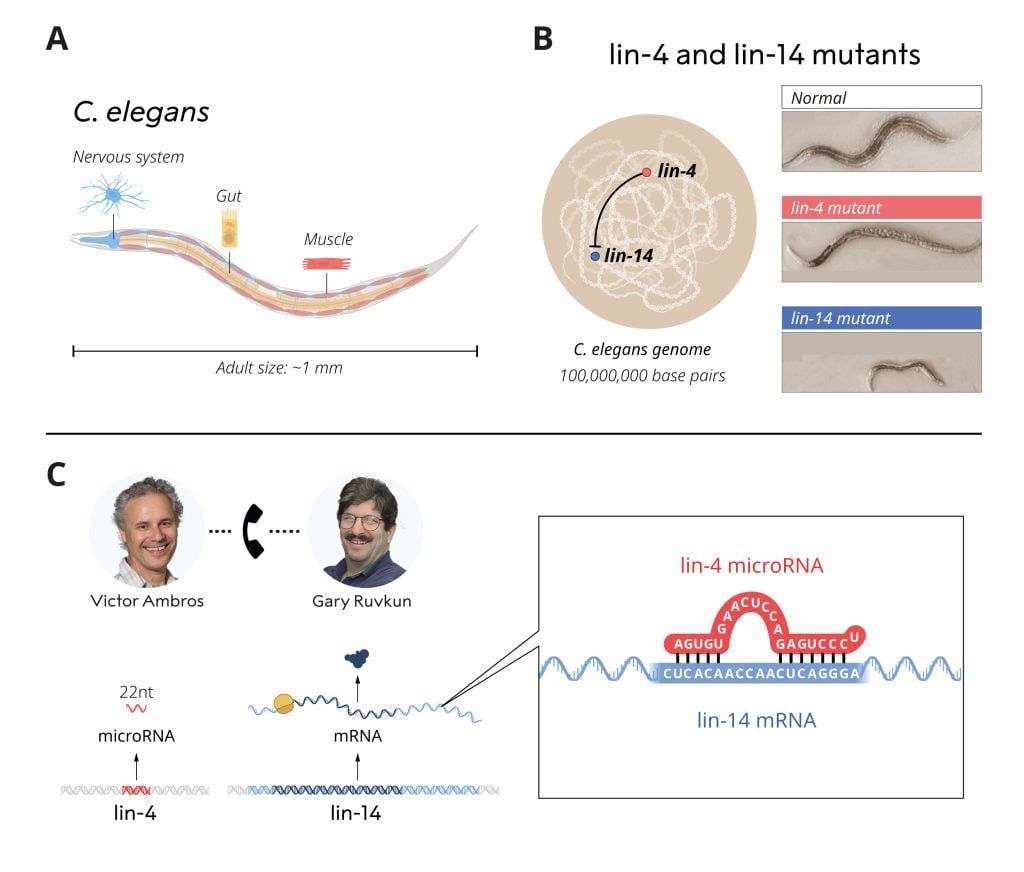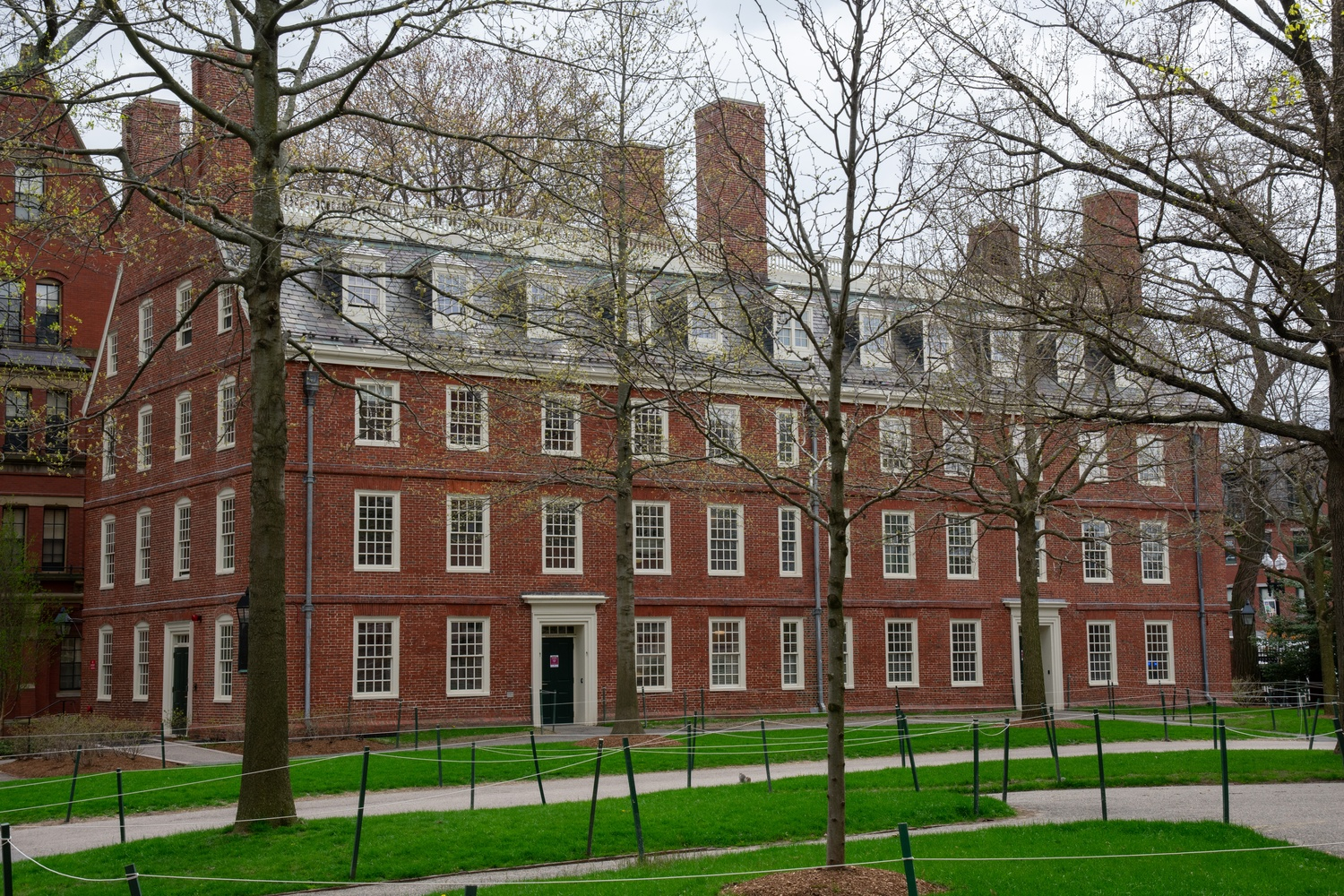
Harvard Stop-Work Order: Impact on Innovation and Research
The Harvard stop-work order has sent shockwaves through the academic and research communities, particularly impacting critical projects led by renowned scientists such as Don Ingber. As the founding director of the Wyss Institute for Biologically Inspired Engineering, Ingber was directly affected when this order arrived shortly after the university rejected the Trump administration’s controversial demands. Among the projects on hold are groundbreaking organ-on-a-chip initiatives that collectively boast over $19 million in federal research funding. This abrupt halt not only disrupts essential scientific advancement but also casts a shadow over America’s broader innovation economy, threatening the future of transformative research and development. With tensions simmering between Harvard and the federal government, the fate of invaluable research hangs precariously in the balance.
The recent halt to research activities at Harvard, termed a stop-work order, has raised significant concerns across various sectors. This development has particularly alarmed those involved in high-stakes projects at institutions like the Wyss Institute, led by prominent figures such as Don Ingber. The implications of this decision stretch beyond immediate project delays; they threaten to undermine the foundations of America’s innovation landscape, which relies heavily on robust research funding and collaboration between academia and government entities. The affected organ-on-a-chip projects illustrate the broader risks inherent in this conflict, not only for scientists and students but for the future trajectory of scientific exploration and achievement. Hence, as the legal battles unfold, the impact of this situation will reverberate deep within the fabric of the innovation economy.
Impacts of the Harvard Stop-Work Order on Research Projects
The recent stop-work order issued to Harvard caught many researchers, including Don Ingber of the Wyss Institute, off guard. This unprecedented action halted critical funding for innovative projects, particularly the organ-on-a-chip projects that Ingber was spearheading. These projects represented significant investments, exceeding $19 million from the U.S. Department of Health and Human Services, aimed at groundbreaking research in biomedicine. The abrupt cessation of work has sparked a scramble among staff, as they seek clarity on the future of their work and roles.
As researchers assess the ramifications of the stop-work order, they face a myriad of challenges. Experimentation has come to an abrupt halt, putting at risk years of research progress and threatening to derail the academic aspirations of graduate students and postdocs involved in these projects. As the uncertainty deepens, the focus remains on how to protect the talent that drives these innovations, making it imperative for institutions like Harvard to navigate these legal battles carefully to regain their footing in the competitive landscape of scientific advancement.
Innovation Economy at Risk Amidst Funding Disputes
Donald Ingber’s assertion that America’s innovation engine is under threat highlights a significant concern about the sustainability of the research ecosystem. With the government withholding approximately $2.2 billion in research funding, the very fabric that connects academia to technological advancements is at risk of fraying. The groundbreaking organ-on-a-chip technology being developed at the Wyss Institute stands as a testament to how critical collaboration between researchers and funding bodies is for ongoing innovation in the health sector and beyond.
The innovation economy thrives on a symbiotic relationship between governmental support and academic research. Each investment fuels new discoveries, from medical breakthroughs to technology that enhances everyday life. The current climate, marked by funding disputes and a lack of clarity, threatens to dissuade talented researchers from entering or remaining in fields that require significant federal support. As prominent institutions face mounting pressure to comply with contentious government demands, the much-lauded American spirit of innovation finds itself at a critical juncture.
Frequently Asked Questions
What is a Harvard stop-work order in the context of research funding?
A Harvard stop-work order is a directive issued by a funding agency that halts all work on specific research projects. In April 2025, Harvard researchers received such orders affecting vital projects, like those led by Don Ingber at the Wyss Institute, after the government froze $2.2 billion in research funding due to governance and oversight disputes.
How has Don Ingber responded to the Harvard stop-work order affecting organ-on-a-chip projects?
Following the Harvard stop-work order, Don Ingber has prioritized protecting his team and managing the immediate impacts on research, such as halting organ-on-a-chip projects. He is exploring interim funding solutions to support ongoing work and prevent layoffs among researchers affected by the funding freeze.
What impact does the Harvard stop-work order have on organ-on-a-chip projects?
The Harvard stop-work order directly impacts organ-on-a-chip projects by pausing critical research related to health and space exploration. These projects were pivotal in assessing radiation damage and modeling microgravity effects on astronauts, showing the far-reaching implications of halting work on such innovative research.
Why did Harvard receive a stop-work order, and what was its financial context?
Harvard received a stop-work order in response to its rejection of the Trump administration’s demands regarding research governance and oversight. This order followed a broader freeze of $2.2 billion in research funding that targeted various projects, including those at the Wyss Institute led by Don Ingber.
What are the consequences of the stop-work order for Harvard researchers and students?
The stop-work order has created uncertainty for Harvard researchers and students, as ongoing projects, like those at the Wyss Institute, have halted. This not only jeopardizes research progress but also complicates the academic and professional futures of students, postdoctoral fellows, and staff directly involved in these projects.
How does the Harvard stop-work order affect the future of innovation at the Wyss Institute?
The Harvard stop-work order threatens the future of innovation at the Wyss Institute, as projects focused on groundbreaking organ-on-a-chip technology are jeopardized. This situation raises concerns regarding ongoing research contributions to health technologies and the overall competitive edge of American innovation.
What legal actions has Harvard taken in response to the stop-work order?
In response to the stop-work order and the associated funding freeze, Harvard filed a lawsuit claiming the government’s demands for changes in governance and funding practices are unconstitutional. This legal action aims to restore research funding and protect vital projects like those at the Wyss Institute.
What measures are Harvard researchers taking to cope with the stop-work order?
Researchers at Harvard, including Don Ingber, are taking measures to cope with the stop-work order by reassessing project priorities, seeking internal funding to relocate personnel to other grants, and prioritizing the welfare of their teams while navigating the uncertainty of the funding situation.
How does the stop-work order affect the recruitment of international talent to Harvard?
The Harvard stop-work order has negatively impacted the recruitment of international talent, with potential candidates expressing concerns about job stability in the current climate. Reports suggest that uncertainties in U.S. research funding are discouraging top scientists from accepting positions at renowned institutions like the Wyss Institute.
What is the outlook for Harvard’s research funding following the stop-work order?
The outlook for Harvard’s research funding remains uncertain following the stop-work order, as ongoing legal disputes and government negotiations could reshape the landscape of academic research funding, particularly affecting projects that drive American innovation and global scientific leadership.
| Key Points | Details |
|---|---|
| Stop-work Order Issued | Harvard received a stop-work order from the Trump administration, impacting several research projects. |
| Financial Impact | The order specifically halted two organ-on-a-chip projects worth over $19 million in funding. |
| Lawsuit Filed | Harvard has initiated a lawsuit against the government, challenging the legality of the demands linked to the funding freeze. |
| Research Consequences | Halting projects risks significant setbacks in research, impacting researchers and students, |
| Impact on Researchers | The uncertainty caused by the order has led to concerns among staff, with some considering leaving due to job instability. |
| Public Opinion and Innovation | Ingber emphasized the role of academia in driving innovation and warned that this order jeopardizes America’s scientific advancement. |
Summary
The Harvard stop-work order represents a critical junction in the intersection of academic research and government policy. This directive has significant implications, not only halting vital scientific projects but also creating uncertainty and fear among researchers and staff. Harvard’s legal response underscores the potential overreach of government demands and highlights the importance of academic freedom in fostering innovation. As the situation unfolds, it has become clear that the effects of this order reach far beyond financial statistics, threatening the integrity and future of American scientific exploration.

